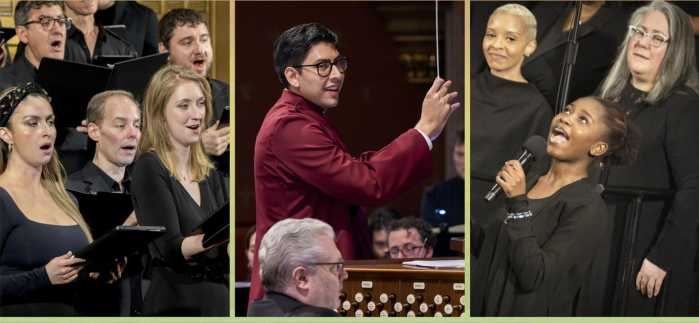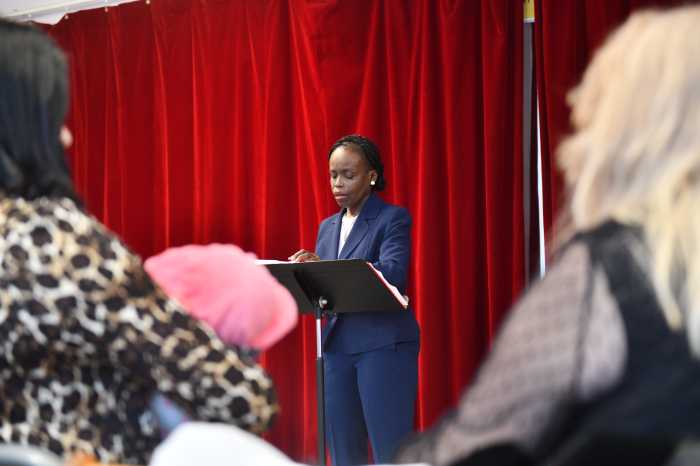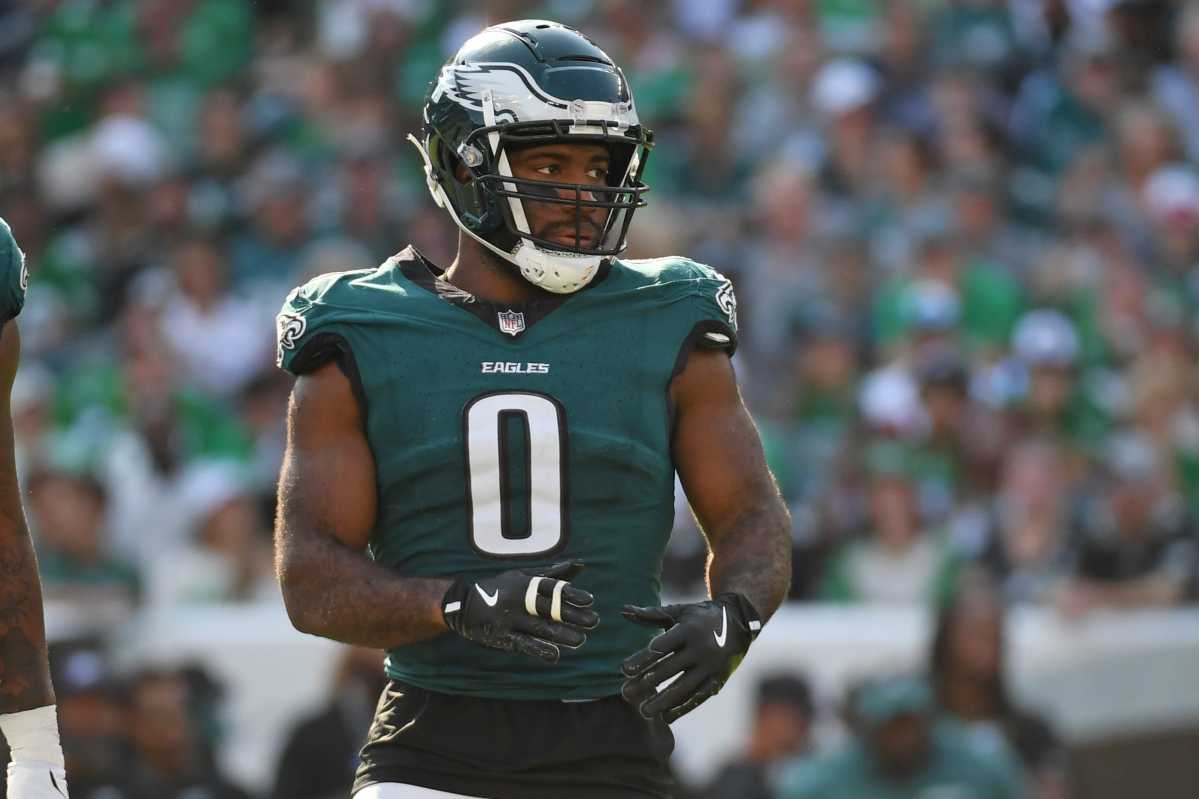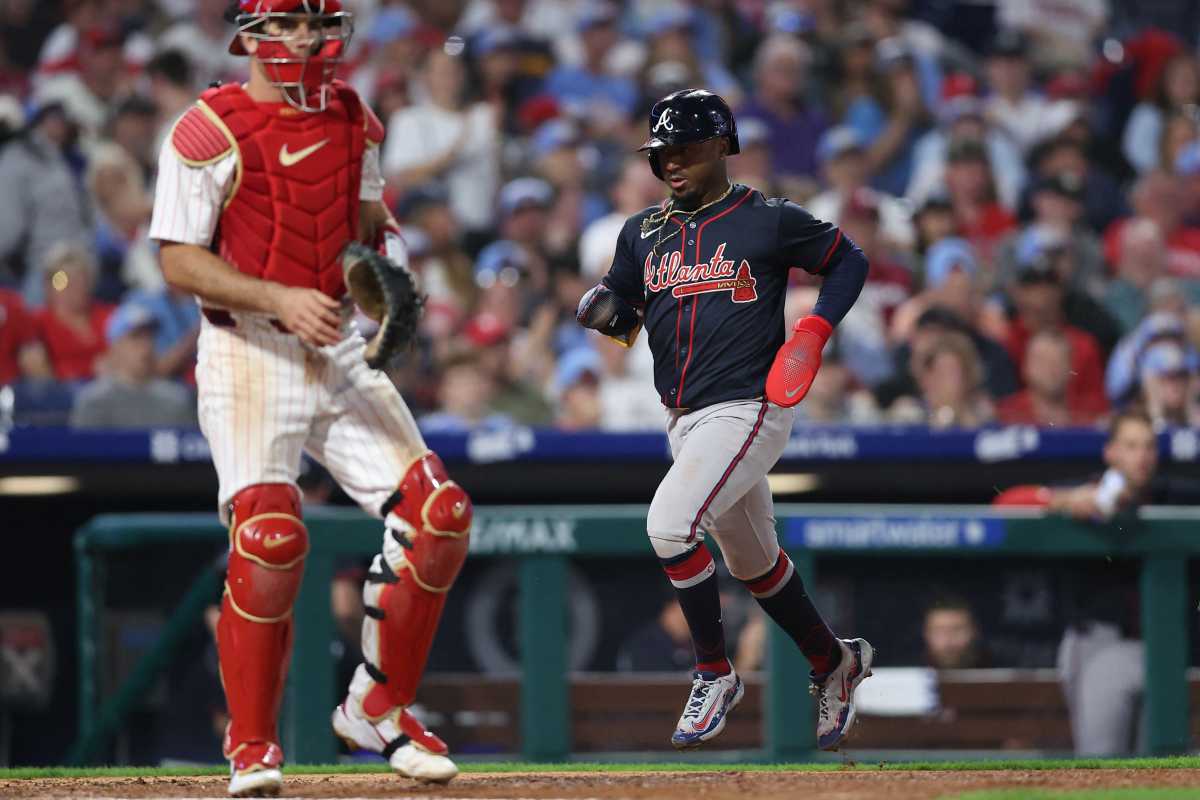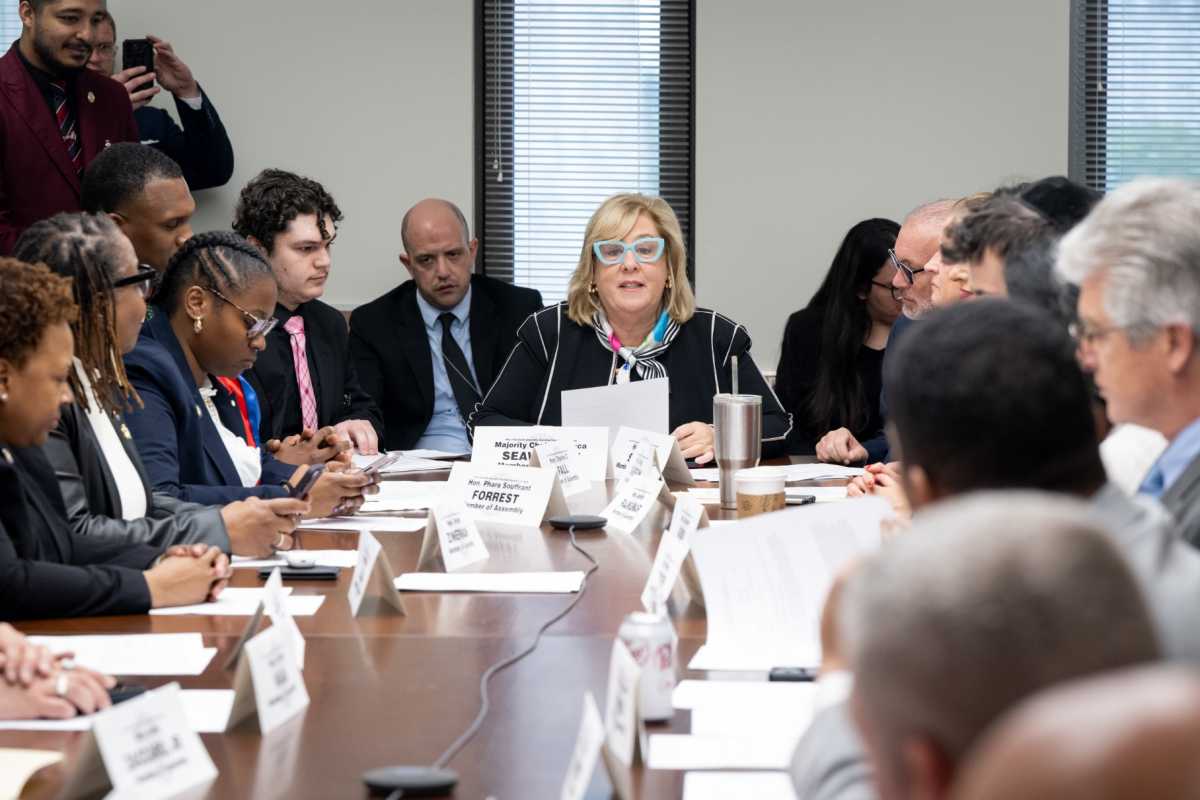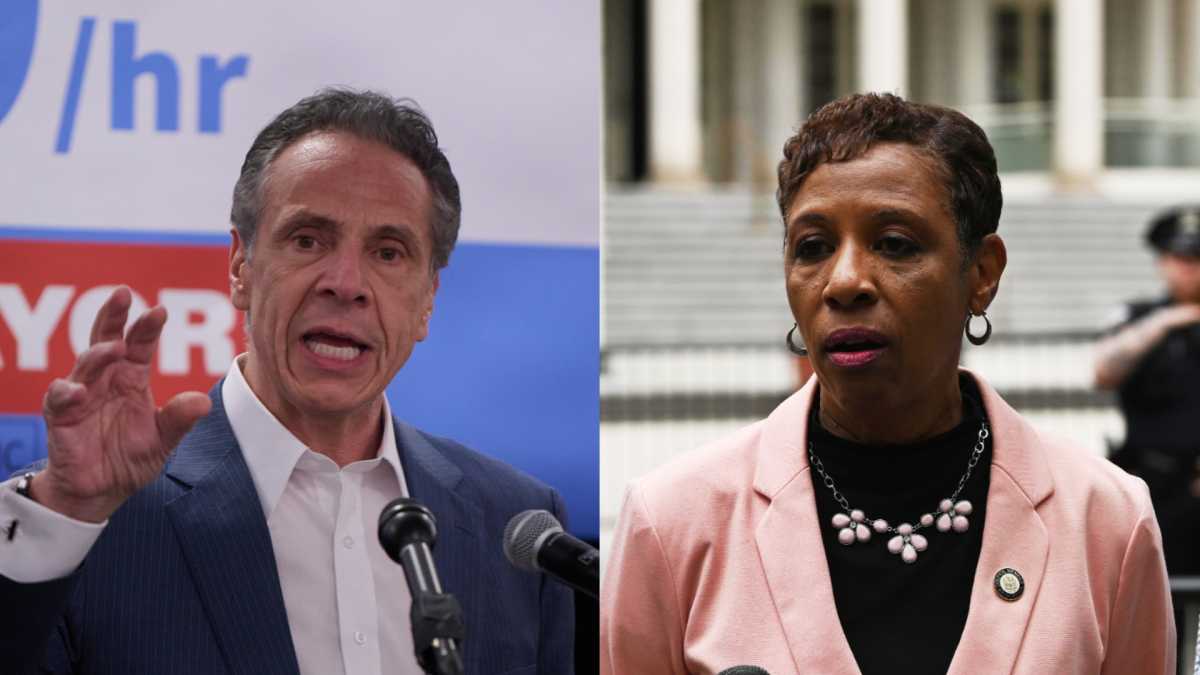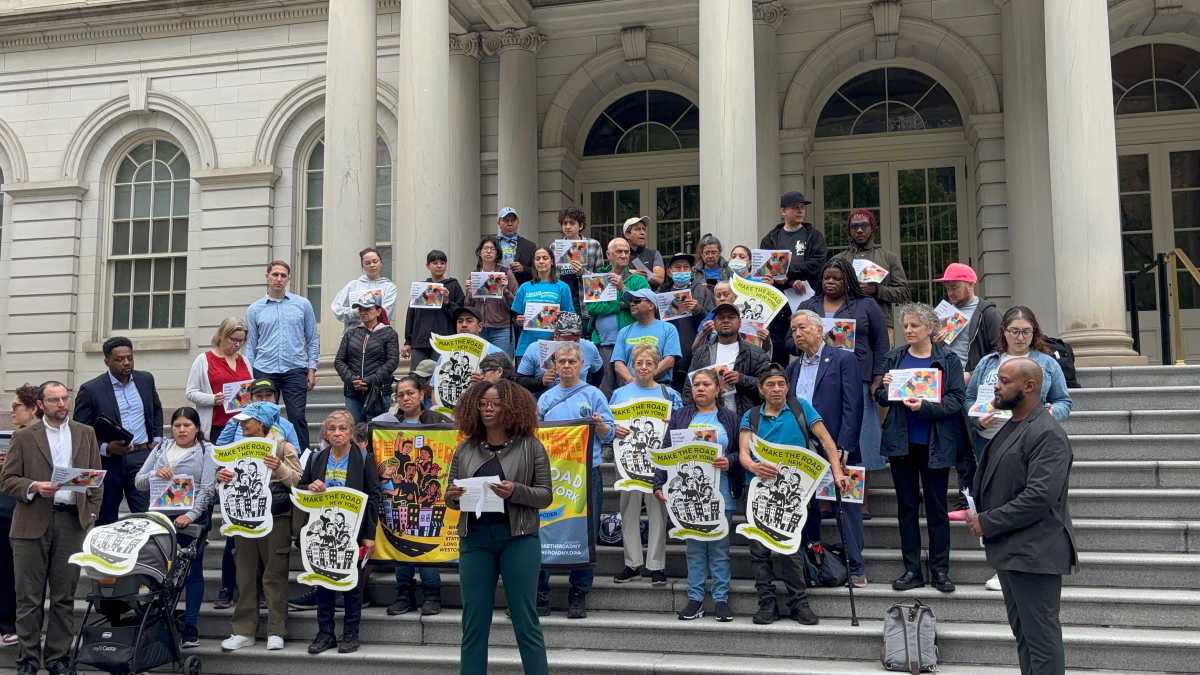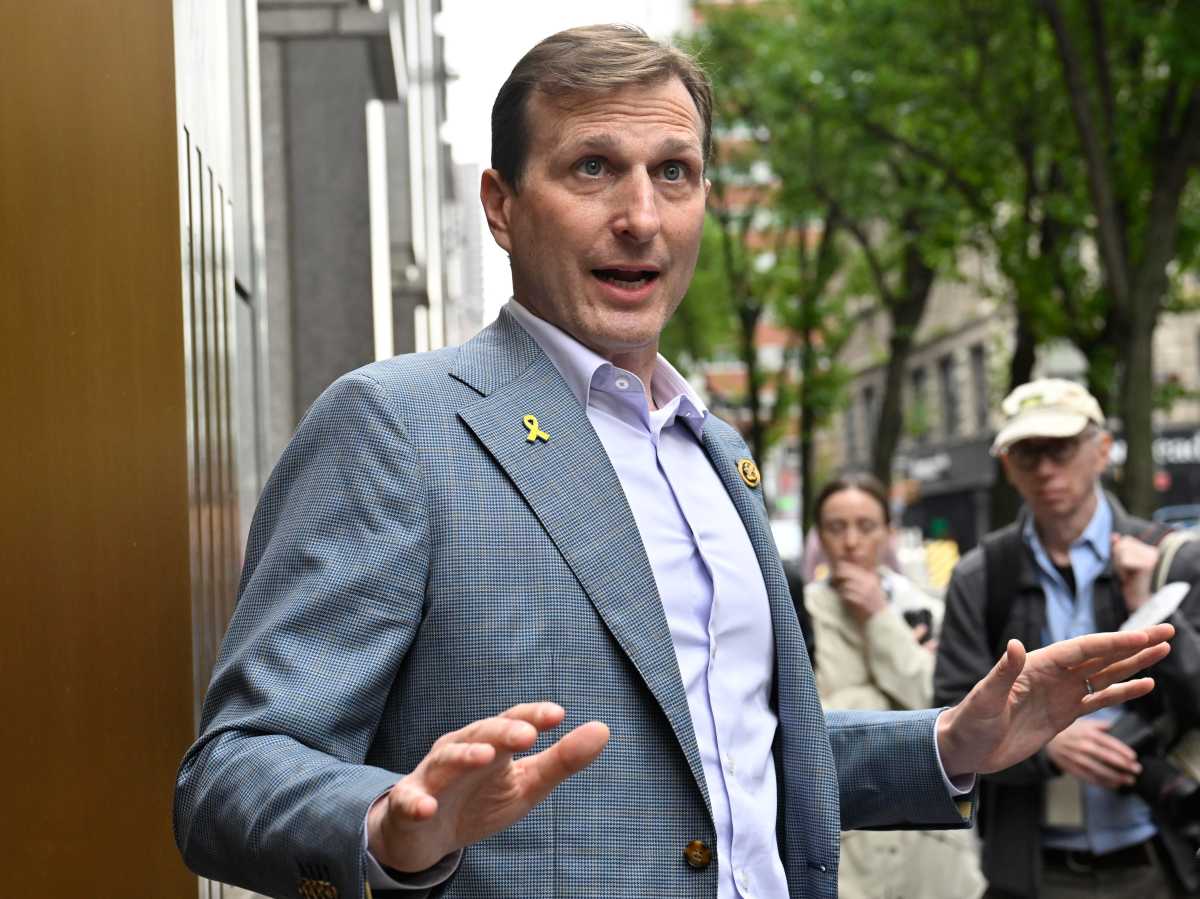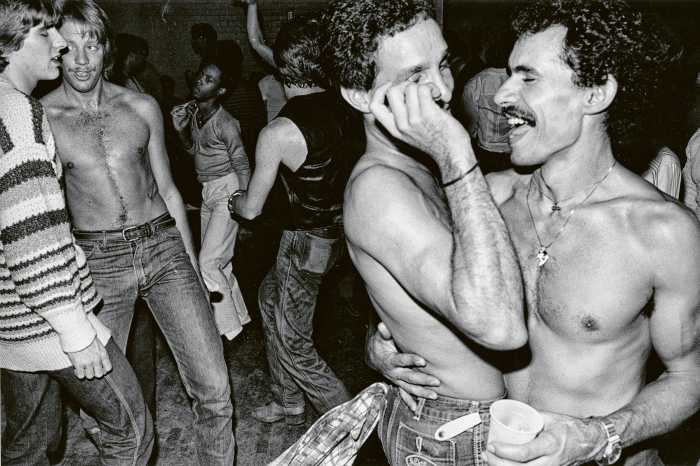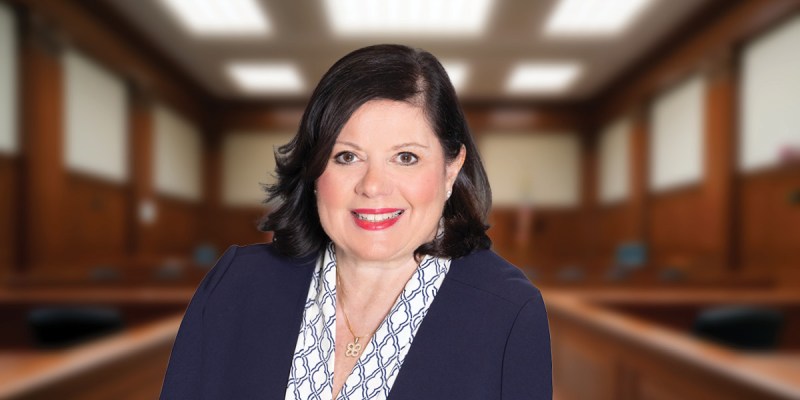“Little Woods” is one of the most talked about films to have come out of the Tribeca Film Festival.
The modern western-cum-small-town drama revolves around Tessa Thompson’s Ollie returning to illegal drug trafficking across the US/Canadian border in order to assist her pregnant young sister Deb (Lily James). Not only does it feature titanic performances from its leading duo, but it also marks the emergence of writer and director Nia DaCosta, a bright new talent, who with “Little Woods” shows herself to be a visceral and lyrical filmmaker.
Earlier this week I had the chance to speak to Tessa Thompson, Lily James and Nia DaCosta about “Little Woods,” and how the victory of Donald Trump sadly made the film even more relevant, the decay of the American dream and gossiping about Ed Harris.
Where did the idea come from?
NDC: I wanted to tell a story about women living in a rural part of America. I wanted to tell a human story about politicized things. Healthcare. Women’s reproductive rights. How poverty effects women in particular.
When did you meet the actresses?
NDC: Me and Tessa met at the Sundance Director’s Lab. I was there workshopping scenes in the movie. We really connected. She just became the character. I really saw her come alive through Tessa. Then I asked.
TT: When we were drinking. We were drinking and staring at Ed Harris. This is my favorite thing about Nia. Especially when it comes to collaboration. Because she vacillates between gossip talking, we were probably gossiping about Ed Harris, and then she was just like, ‘So, do you want to be in this movie?’ I hope you retain that. Asking people to do things and really meaning it. It was so cool.
NDC: I will, I will. Then I just remember talking to Lily over Skype for about an hour. I loved her work and who she was a person, which was important for me, because I really love being collaborative with my actors.
LJ: You were just so honest with me. You said that you wanted to exploit my dark side. You were just so articulate and passionate and it was intoxicating.
Talk about making the town a character.
NDC: Little Woods is actually a fictional town. I visited this town called Williston, North Dakota numerous times for research, and it had a specific environment. Which is beautiful, it has huge skies, but it is also dotted with oil wells, and its industry is incredibly male, which creates a specific environment for the women that live there. That was hugely important. We didn’t shoot exclusively in North Dakota, though. We shot in Austin and the surrounding areas.
LJ: I felt some pressure with that being English and so far removed from this world. I didn’t want to phone this in, or for it to feel inauthentic. So I made sure that I emotionally found it. Then I went down a YouTube blackhole. Watching documentaries, like “The Overnighters,” just trying to figure out what it is like to work and live in those conditions.
Were you always aware of how timely the film was going to be?
NDC: When I wrote the script Barack Obama was President and the affordable care act was being rolled out and so many more people were insured. I was like, ‘Oh wow! Maybe this movie won’t be relevant.’ The expectation was that Hillary was going to be President, and this wouldn’t be relevant. Then Trump got elected. And it was a dark day. But my one friend said, ‘This is the worst day of my life. But at least your film is relevant now.’ Because we don’t know what is going to happen with healthcare and abortion clinics. There are only one each in North and South Dakota, and laws mean that they are blipping in and out of existence.
For me, the film was really about the American dream gone sour.
NDC: Our best American genres are the western and the southern gothic. Because it is all about exploring Americanism and what does that mean. Westerns are about the American ideal, always being on the trail, and people making bad choices because they have bad options. Southern Gothic is about American decay. I have always been exploring what being American means, what was this dream that was promised us, and I hope this movie is in this vein.
As actresses, do you feel a responsibility to get female voices heard?
TT: I don’t know. I split the difference between that and also just reading the script and having conversations with Nia and just getting the opportunity to work with her and I thought that this film would mark the emergence of a really important voice. I think she wants to tell stories that talk about identity and gender and she has something to say, but she is also a f***ing filmmaker. She understands film and has ideas that are ambitious but are grounded in integrity and purpose. There’s so many mother f***ers with cameras that want to make movies but they don’t really have anything to say. And Nia has so much to say. And on top of that she happens to be a woman and happens to be a woman of color. That’s great for me because I have a vested interest in seeing those kind of filmmakers make the stories that they want to tell. It is essential and we depend on it culturally right now. But that’s sort of the icing on the cake. I just feel like our careers have been enriched by working with a filmmaker like Nia.










